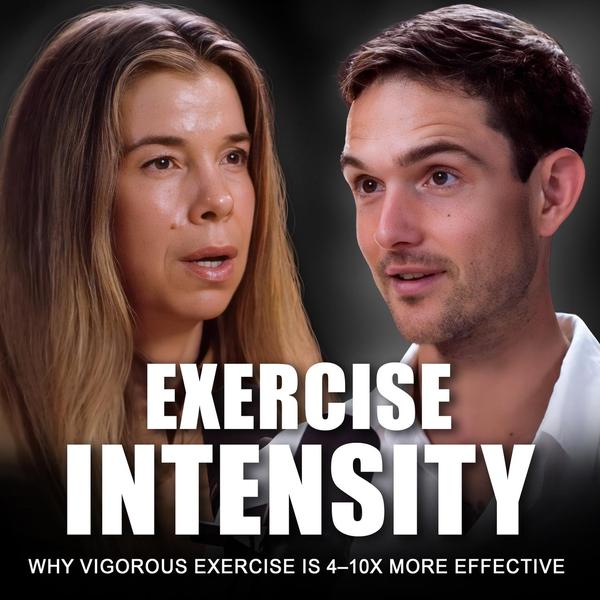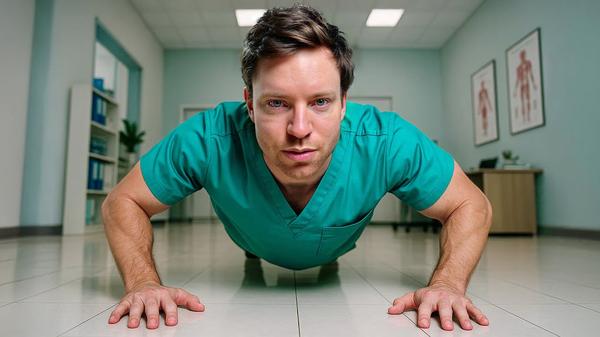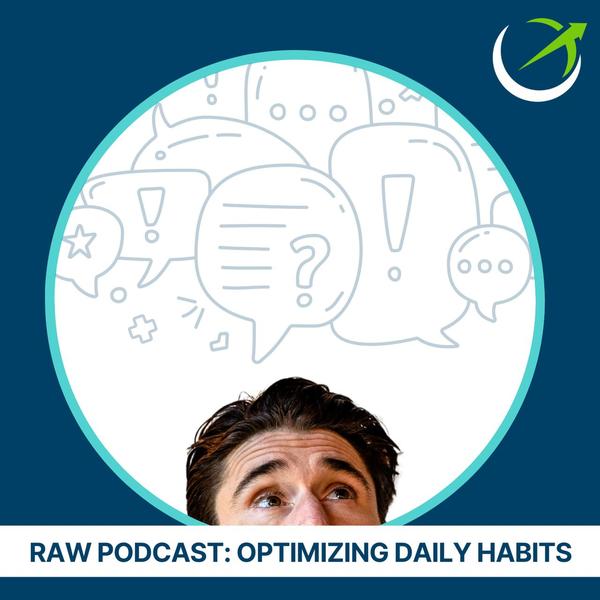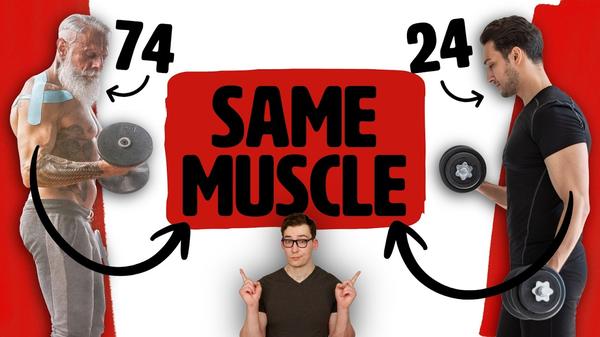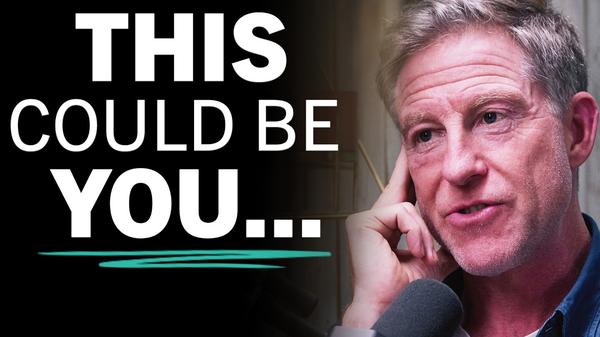#090 How Exercise Prevents & Reverses Heart Aging | Benjamin Levine, M.D.
Rhonda Patrick
May 28, 2024
Mindsip insights from this episode:
Exercise four to five days weekly for heart health
Exercising two to three days a week offers no protective effect against heart aging; the minimum effective dose is four to five days per week.
Stabilize arterial plaques through extreme exercise
Extreme exercise may increase coronary calcium, but it also tends to make arterial plaques more calcified and stable, which are less likely to rupture.
Avoid reliance on consumer HRV trackers for training guidance
Consumer-grade heart rate variability (HRV) measurements are too unreliable and variable to be used as a meaningful guide for training or recovery.
Avoid intense recovery sessions to prevent overtraining
Making your recovery sessions too intense is a more potent trigger for overtraining than simply increasing your main training load.
Discover optimal exercise intensity to overcome non-responder myth
There are essentially no 'non-responders' to exercise, only individuals who have not yet found the sufficient dose or intensity required to see improvements.
Establish optimal weekly routine for a youthful heart
An optimal weekly routine consists of one long session, one high-intensity session, two to three moderate sessions, and one to two days of strength training.
Reverse heart aging by intervening in late middle age
It is possible to reverse the effects of sedentary aging on the heart, but the 'sweet spot' for this intervention is in late middle age, from 50 to 65 years old.
Avoid bedrest to maintain cardiorespiratory fitness
Three weeks of complete bedrest causes a greater decline in cardiorespiratory fitness than 30 years of normal aging.
More from
Rhonda Patrick
#108 The Best Type of Exercise for Longevity
#104 Dr. Ben Bikman: How To Reverse Insulin Resistance Through Diet, Exercise, & Sleep
#103 A Deep Dive on Using Coffee For Health & Longevity (Full Guide & Research)
#102 Why Vitamin D Deficiency Accelerates Brain Aging
#101 Dr. Andy Galpin: The Optimal Diet, Supplement, & Recovery Protocol for Peak Performance
You also might be interested in
Exercise Snacks are a Longevity Cheat Code
Optimizing Daily Habits: Snacking, Movement, Light Exposure, and More Wellness Hacks LIFE Network: RAW Podcast #3
You Can Stay Young—If You Stay Strong
How This One Habit Built a Life of Confidence, Resilience & Success | Warren Smith
My Life Completely Changed Once I Asked Myself These 2 Questions




